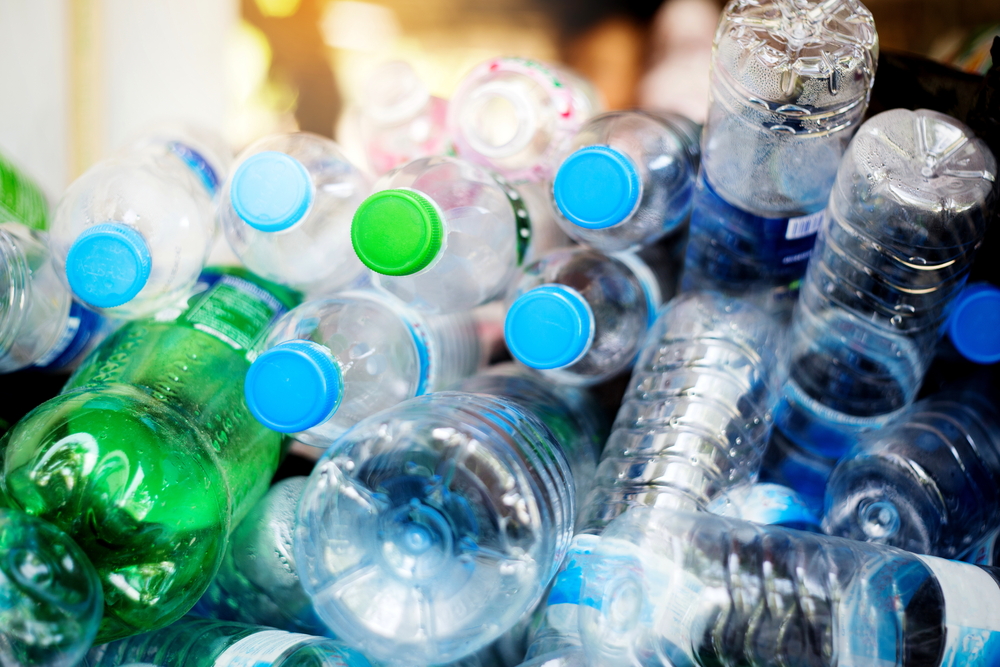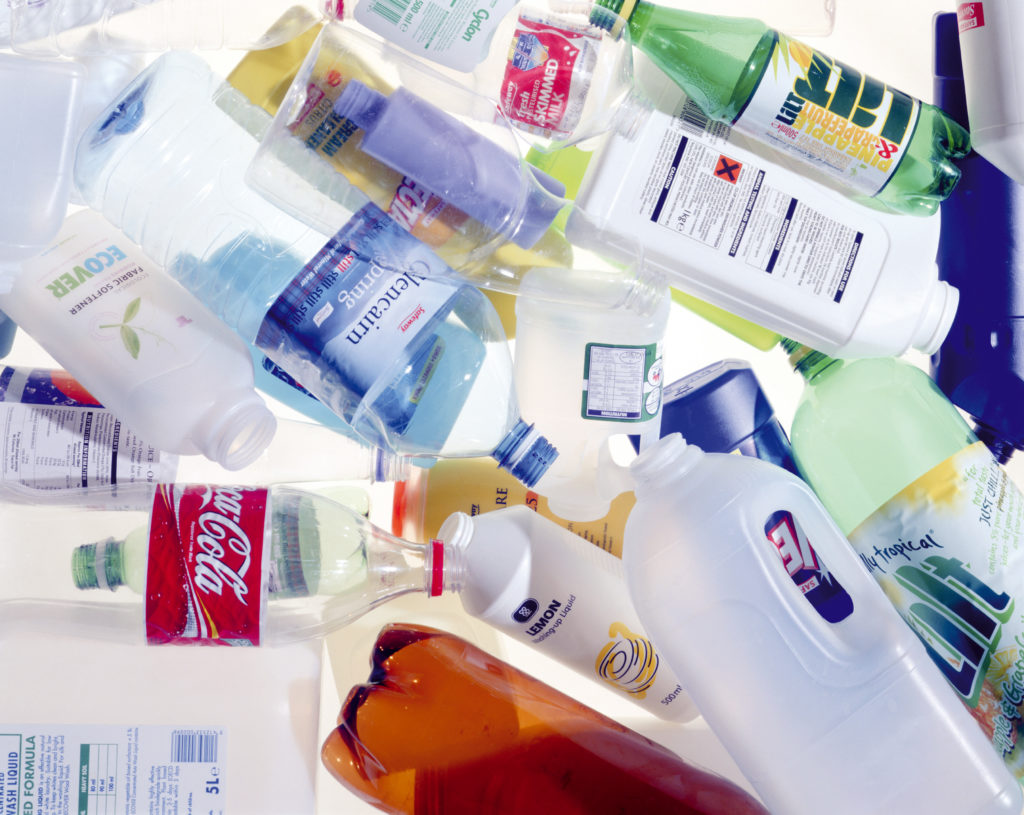Speaking at the event in London, Recoup's chief executive officer Andrew Simmons said that although council plastic bottle collections have increased by 50% over the past two years, the UK's recycling rate for plastic bottles is still less than 3%. He said that participation in existing council schemes could significantly increase collected tonnages.
“We can get three or four times more bottles out of existing schemes,” Mr Simmons said, “The level of take up of the schemes is quite low and we need to get people to use those schemes.”
By adding plastic bottles to co-mingled kerbside collections, councils could have a cost effective way of collecting plastic bottles, Mr Simmons said. “At Recoup our job is to highlight that the question for councils is not whether to collect bottles but how to collect plastic bottles,” he said.
Capacity
Recyclers present at the meeting said there is plenty of capacity for increased use of recycled polymers from local authorities by the packaging and other industries.
Jim Armstrong, general manager at Wellman Recycling, which makes PET fibres for the textiles industry in the US and Europe, said that the recycled plastics market continues to grow, working more and more on a global basis.
“There is an increasing market for fibre and we want the increase in collections of plastic bottles to continue,” he said. “There is a huge amount of material here in the UK still to be collected.”
Mr Armstrong, whose company has an 85,000 tonne per year fibre plant in Ireland, said that the UK needs more material recycling facilities to sort co-mingled recyclables and mixed bottles.
“There really needs to be more MRFs and they need to be supplied with a lot of material from local authorities,” he said.
Lee Clayton of JFC Delleve said that as well as sorting capacity, public awareness and attitudes need to be addressed in order to increase collections and reduce contamination. “I do not think we will crack this problem until we can walk outside on the street and ask someone what each plastic bottle is and where they can take it. I do not think we are talking to the right people,” he said.









Subscribe for free